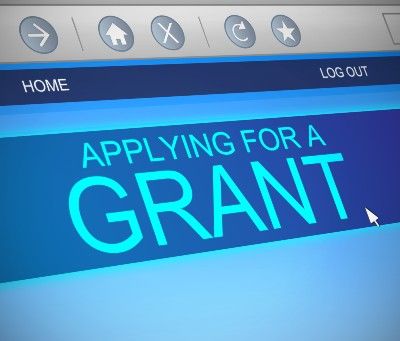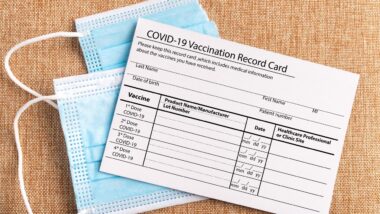Top Class Actions’s website and social media posts use affiliate links. If you make a purchase using such links, we may receive a commission, but it will not result in any additional charges to you. Please review our Affiliate Link Disclosure for more information.
The second wave of the Self Employment Income Support Scheme (SEISS) is open for eligible applicants affected by the coronavirus pandemic.
The self-employment grant will give self-employed workers 70% of their average monthly profits, up to £6,570, to eligible claimants, the BBC reported.
The self-employment grant is the second and final grant to be given to self-employed workers affected by the pandemic.
Those who are eligible and apply for the self-employment grant can expect the funds to be available in about six business days.
Businesses of all kinds have been severely affected by the coronavirus pandemic.
Self-employed people were particularly vulnerable to needing assistance if their income was negatively affected by the pandemic.
According to the BBC, any self-employed business who has suffered adverse effects since 14 July is eligible for SEISS.
HM Revenue & Customs (HMRC) will contact all potential applicants to gauge their eligibility to receive the second SEISS grant.
Those who were able to receive payment from the first wave of the self-employment grants are likely to be qualified a second time.
The eligibility qualifications include self-employment profits of less than £50,000 and totalling at least 50% of a person’s income, the BBC reported.

More than three million people are estimated to be eligible for the self-employment grant, according to the BBC. In May, 2.7 million people received grants during the first round of SEISS.
In a statement regarding the SEISS grants, Chancellor of the Exchequer Rishi Sunak said: “Our self-employment income support scheme has already helped millions of hard-working people, whose get up and go drive is crucial to our economy. It means that people’s livelihoods across the country will remain protected as we continue our economic recovery — helping them get back on their feet as we return to normal.”
The self-employed businesses that have experienced shortfalls in income or have suffered heightened costs due to the coronavirus crisis should apply.
First, applicants will need to honestly assess their income and see how much their business has suffered due to the pandemic. There is no minimum requirement regarding how much income or costs have been changed due to the pandemic.
Second, making a claim for the SEISS grant will require applicants to maintain records of how your self-employed business has been affected.
Those who have been out of work for a number of reasons may be eligible for the self-employment grant.
If a person is unable to work because they are quarantining, on sick leave due to the coronavirus, are caring for an infected person, or if they have had to stop running the business, have had to scale down, have lost clients or other experienced other coronavirus-related issues, they may be eligible to apply.
It is important that hose applying for a self-employment grant keep evidence and records of the effects on their business.
Records that show the negative effect on your business include documentation of coronavirus-related loans received, dates of business closures, dates of staff sick leave, self-isolation-related closures or anything else that caused normal business operations to slow down or stop.
Those wishing to apply for the self-employment grant may do so online.
The HMRC is likely bombarded with a high volume of calls, so it is best for potential applicants to let the HMRC make contact and give them a date to apply.
Those who have not been given a date and believe they are qualified to receive the SEISS grant can check online.
Are you self-employed? How has the pandemic affected your business? Let us know in the comments.
Check back daily for the most recent U.K. class action lawsuit and consumer protection news.
Read More Lawsuit & Settlement News:
New UK Law Ensures Furloughed Workers Will Receive Full Redundancy Pay
9 In 10 Parents Report Problems with Child Seats In Holiday Hire Cars
Activists Bring Legal Action Against UK Officers Over Alleged Police Brutality In Hong Kong
What Travellers Need to Know About the UK’s Quarantine Rules For France
ATTORNEY ADVERTISING
Top Class Actions is a Proud Member of the American Bar Association
LEGAL INFORMATION IS NOT LEGAL ADVICE
Top Class Actions Legal Statement
©2008 – 2024 Top Class Actions® LLC
Various Trademarks held by their respective owners
This website is not intended for viewing or usage by European Union citizens.















